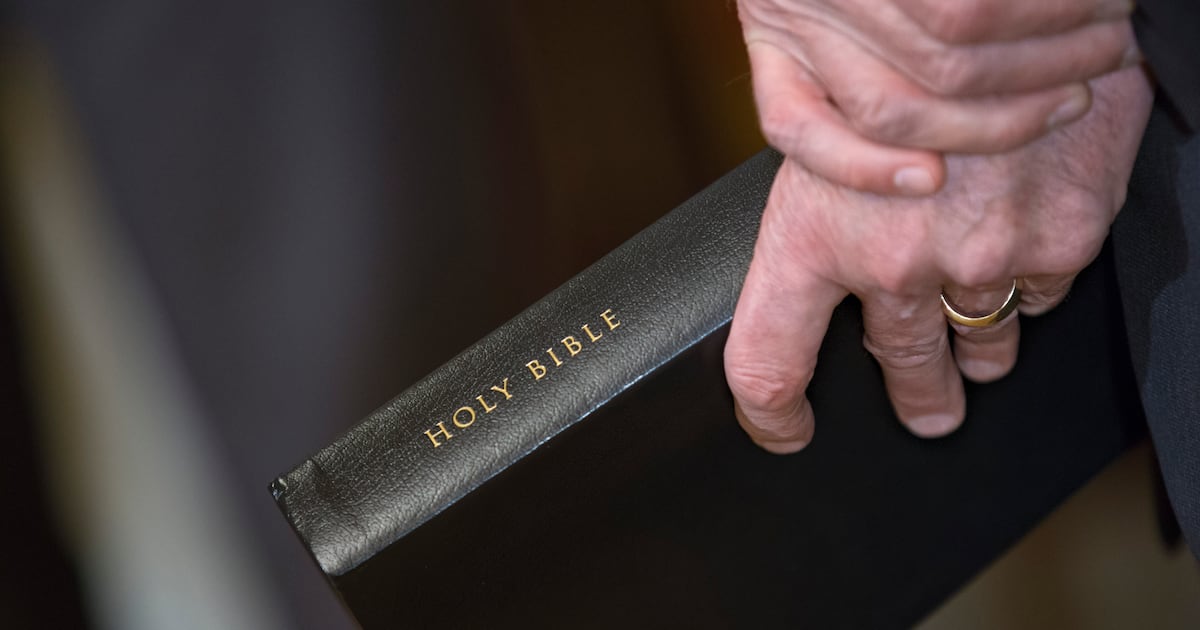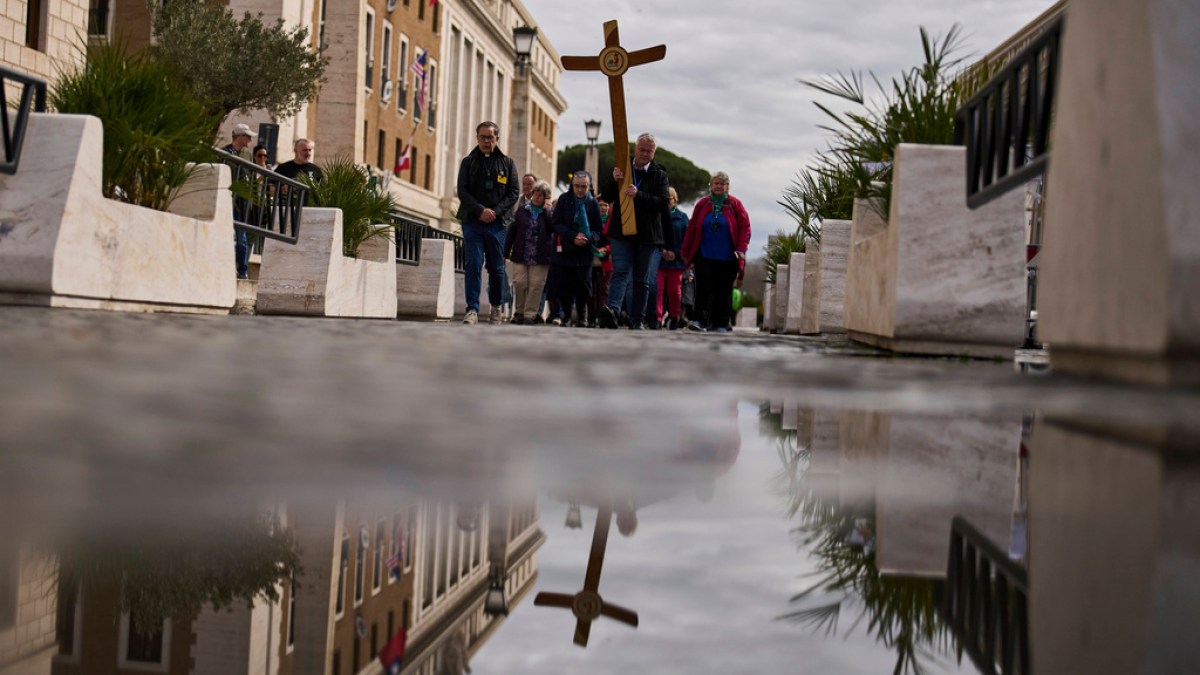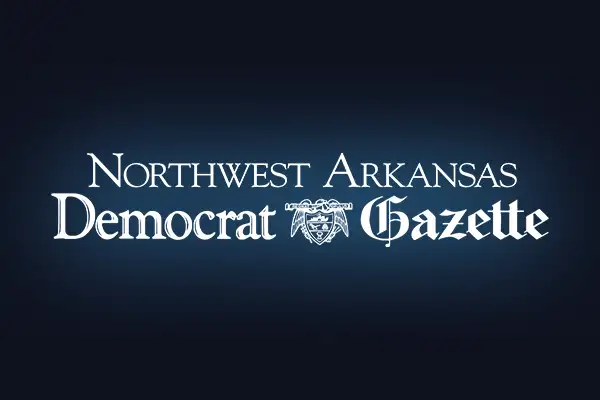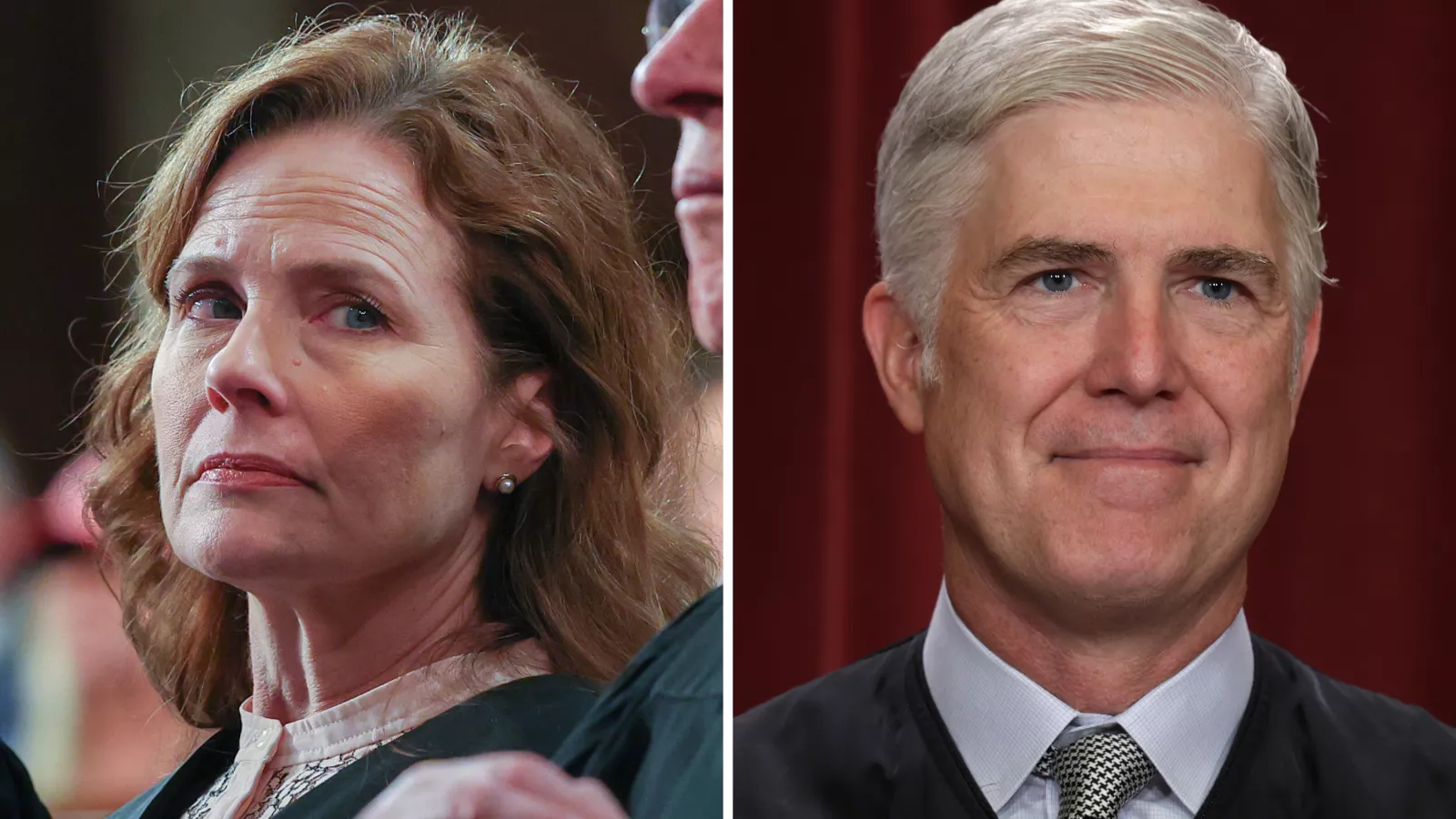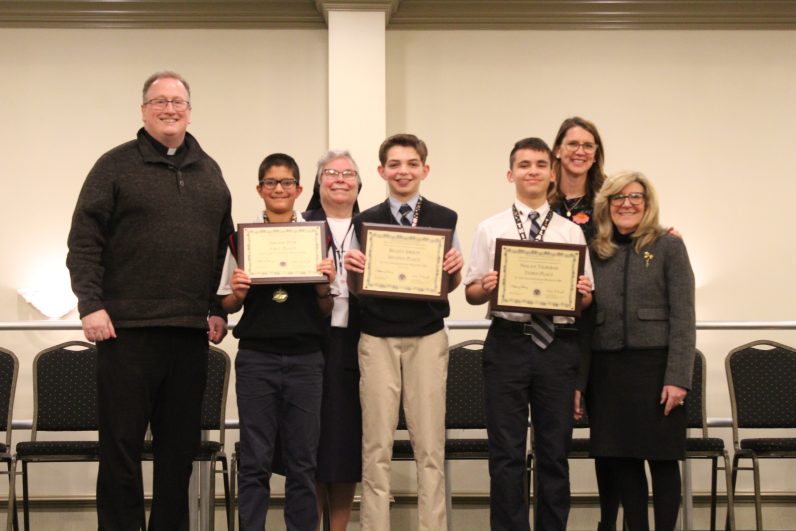Faith on Trial: Supreme Court Weighs Catholic Charities' Religious Identity
Religion
2025-03-29 16:00:13Content

In a pivotal legal battle, Catholic Charities is challenging Wisconsin's unemployment insurance tax requirements, arguing for a religious exemption that could have far-reaching implications for faith-based organizations across the state.
The case centers on a fundamental question: Should religious nonprofits be granted special considerations when it comes to paying unemployment taxes? Catholic Charities contends that its religious mission should shield it from these financial obligations, sparking a complex debate about the intersection of religious freedom and social responsibility.
At the heart of the dispute is the organization's claim that its charitable work is an extension of its religious mission, and therefore should be treated differently from standard employment arrangements. The potential ruling could set a significant precedent for how religious institutions are viewed under employment law.
State officials argue that the unemployment insurance system is designed to protect workers across all sectors, regardless of an employer's religious affiliation. They maintain that exempting religious organizations could create an uneven playing field and potentially undermine the social safety net.
Legal experts are closely watching the case, recognizing that its outcome could have substantial implications for religious nonprofits nationwide. The decision will likely balance constitutional protections for religious freedom against the state's interest in ensuring worker protections.
As the legal proceedings continue, both sides present compelling arguments that challenge long-standing interpretations of religious exemptions and employment regulations. The case serves as a critical test of how religious organizations can operate within the broader framework of state employment laws.
Religious Liberty Showdown: Catholic Charities Challenges Unemployment Tax Mandate in Wisconsin
In the heart of America's Midwest, a pivotal legal battle is unfolding that could redefine the boundaries of religious organizational autonomy and state regulatory oversight. The case centers on Catholic Charities' bold challenge to Wisconsin's unemployment insurance tax requirements, presenting a complex intersection of constitutional rights, social service provision, and governmental regulation.A High-Stakes Legal Challenge That Could Reshape Nonprofit Operational Freedoms
The Constitutional Crossroads of Religious Exemption
The legal landscape surrounding religious organizations' tax obligations has long been a nuanced terrain of constitutional interpretation. Catholic Charities' current confrontation with Wisconsin's unemployment insurance tax system represents more than a mere bureaucratic dispute—it's a profound examination of First Amendment protections and institutional autonomy. Religious nonprofits have historically navigated complex regulatory environments, balancing their mission-driven work with governmental compliance requirements. This particular case illuminates the delicate balance between state regulatory interests and institutional religious freedom, potentially setting a precedent that could influence nonprofit operations nationwide.Unpacking the Legal and Philosophical Dimensions
The fundamental question at the heart of this dispute transcends simple tax compliance. It delves into deeper philosophical inquiries about the extent to which religious organizations can claim exemptions from generally applicable state regulations. Catholic Charities argues that mandatory unemployment insurance taxes represent an undue burden on their religious mission and operational independence. Legal scholars and constitutional experts are closely monitoring this case, recognizing its potential to establish significant precedents in religious organizational rights. The implications extend far beyond Wisconsin's borders, potentially reshaping how religious nonprofits interact with state regulatory frameworks.Economic and Social Service Implications
Beyond the legal technicalities, this case carries profound implications for social service delivery. Catholic Charities represents a critical infrastructure of community support, providing essential services to vulnerable populations. Any financial constraints imposed by mandatory tax structures could potentially compromise their ability to serve communities effectively. The organization's argument centers on maintaining financial flexibility to maximize their mission-driven work. By challenging these tax requirements, they're not merely seeking financial relief but asserting a broader principle of institutional autonomy that could protect other religious nonprofits from similar regulatory pressures.Broader Context of Religious Nonprofit Regulation
This legal challenge emerges against a complex backdrop of evolving relationships between religious institutions and governmental regulatory bodies. Recent Supreme Court decisions have increasingly emphasized robust protections for religious organizational autonomy, suggesting a potentially sympathetic judicial environment for Catholic Charities' arguments. The case represents a microcosm of larger debates about the role of religious institutions in contemporary society—how they balance their spiritual missions with civic responsibilities, and the extent to which governmental regulations can legitimately constrain their operational models.Potential National Ramifications
While the immediate context is Wisconsin's unemployment insurance framework, the potential national implications are substantial. A favorable ruling could establish a significant precedent for religious nonprofits across the United States, potentially reshaping how state governments interact with faith-based social service organizations. The outcome could influence funding models, regulatory compliance strategies, and the fundamental understanding of religious organizational autonomy in the American legal system. It's a case that transcends local boundaries, carrying implications for constitutional interpretation and institutional rights.RELATED NEWS
Religion

Equality for All: India Challenges Nations at UN to Embrace Inclusive Citizenship
2025-03-15 06:12:00
Religion

Controversial Crossroads: Sam Harris Unpacks Religion, Politics, and Celebrity Showdowns
2025-04-16 18:21:52
